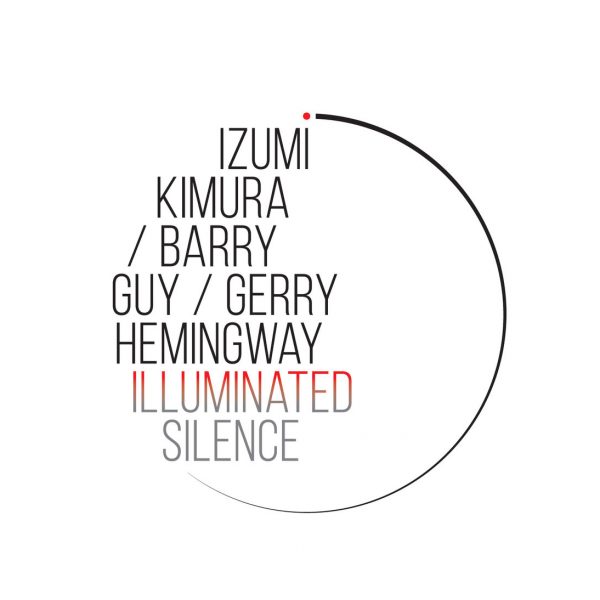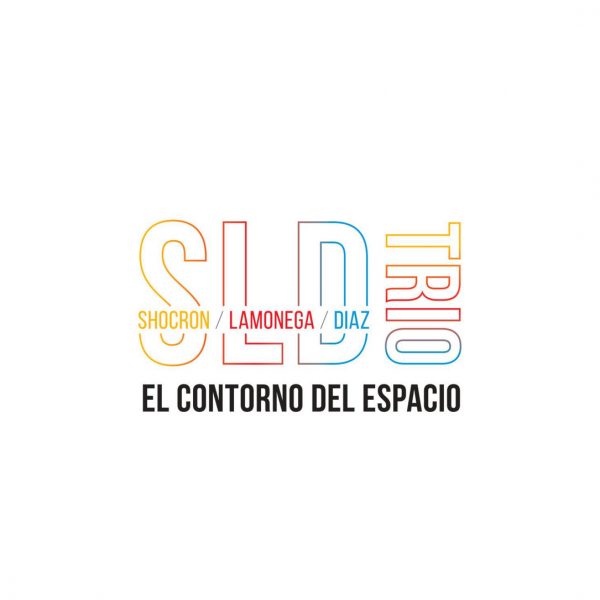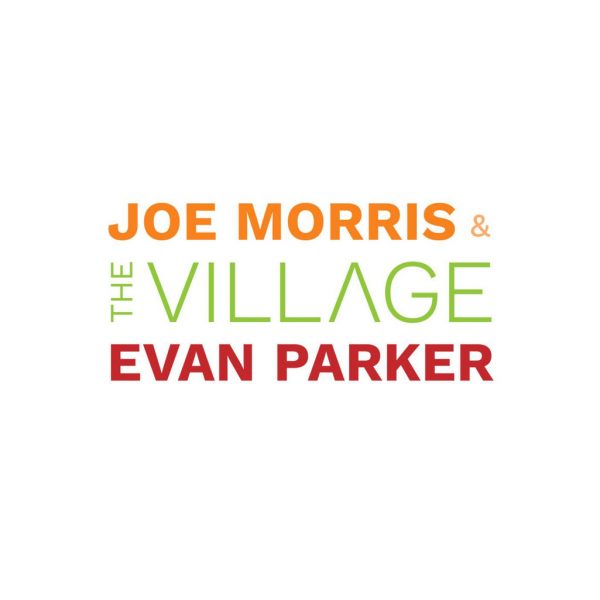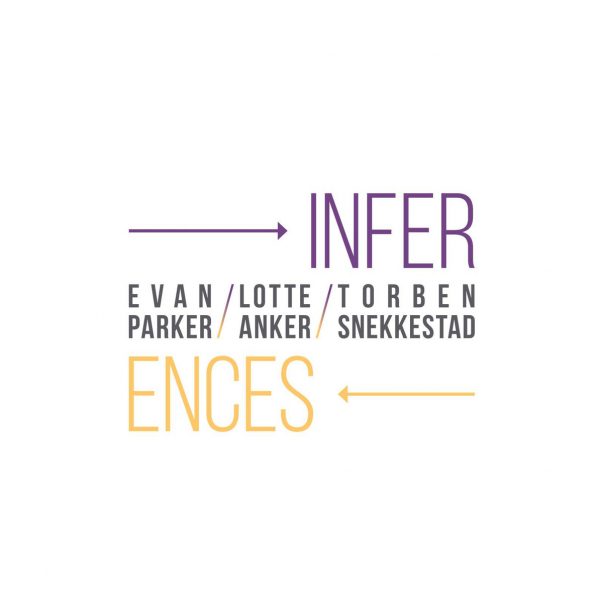Son-Icon Music – orchestra and choral works by Charlotte Hug
Music notation and conducting form the basis of the classical Western tradition of composition and performance. As early as the 1960s, alternatives to this system were sought again and again – a system which implies a lack of maturity in the individual performer. With her “Son-Icons” Charlotte Hug developed a medium and compositional technique, which integrates the imagination and artistic resources of the individual into a guided whole. These are “sound drawings”, which form the basis of both her “Nachtplasmen” for orchestra and “Inn Cammino” for choir: graphic, often mobile inspirational objects, which can be read precisely as a score, but without constraining the players. On the contrary, the Son-Icons can be turned and reversed, and can be read in reflection, backwards or in retrograde. Son-Icons are reminiscent of a visual transposition of a compositional technique, familiar from the work of Bach and the Second School of Vienna.
For “Nachtplasmen”, made of graphite drawings, which were quite literally created in the tides of the Irish Atlantic, Charlotte Hug assigned an individual Son-Icon to each player, thereby giving them their own flexible voice, with which they could work collectively on the development and overall sound. Hug directed the first and third parts of “Nachtplasmen” according to the Principles of Conduction initiated by Butch Morris, a language of conduction which was substantially developed by the London Improvisers Orchestra, of which Charlotte Hug was also a member for over ten years.
In the middle of the “Nachtplasmen” it becomes dark, the conductor pulls back, and the players are alone with the Son-Icon video score, which stretches over them like a canopy. Thrown back on their own senses and resources, the individual is now invited to draw from their imagination and at the same time to steer with the collective sound using hearing and feeling.
Composed for young players of the international Lucerne Festival Academy Orchestra 2011, Hug used the “Nachplasmen” as the starting point of a pathway. This led to a further stage with the choir piece “Inn Camino”, interpreted by the via nova choir of Munich in 2013. “Inn Camino” follows the structure of “Nachtplasmen” with two framing pieces which are directed, and a central piece which is not directed. Just as the players move from a day-time consciousness to a night-time consciousness, the nine singers drift back and forth from an external to an internal focus. For this Hug used the “Interaction Notation” which she developed herself for her intermedia artistic contexts and compositions (based on a pure musical notation system by Larry Ochs). The visual stimuli of the Son-Icons arouse an alert acoustic interaction amongst the players. In this way, the singers take the timing of the piece into their own hands, which adds a further level of individual artistic involvement.
For her drawings in “Inn Cammino”, Charlotte Hug went from the vastness of the Atlantic back to the source, namely to the origins of the Inn in the Swiss high mountain valley of the Engadin. Colourful tuff stone adds a new dimension to the graphite drawings. Here Hug has created two Son-Icons as a musical basis for every singer: the first drawing suggests the different formations of the inside of the mouth. She thereby invites the singers to be aware of the inside of their bodies as resonating chambers. The second drawing suggests a spinal form and directs the eye to the system as a whole, in which the individual vocal sounds and the different rhythms become an integral part of one entity. For while the movements of the Atlantic obey an overarching cosmic rhythm, in the mountains Charlotte Hug encountered the polyphony of what she has called “Quellrhythmen”, the individual rhythms and polyrhythms of the mountain streams. And thus, “Inn Cammino” is characterised musically by the intertwining of many individual vocal sounds and rhythms at the beginning of a pathway, which will open out into the great breathing movement of the tides.
Barbara Eckle
Tracklist
Details
All works composed and conducted by Charlotte Hug © (SUISA)
Warmest thanks to the Cassinelli-Vogel Foundation, the Swiss Arts Council Pro Helvetia
and the Lucerne Festival.



